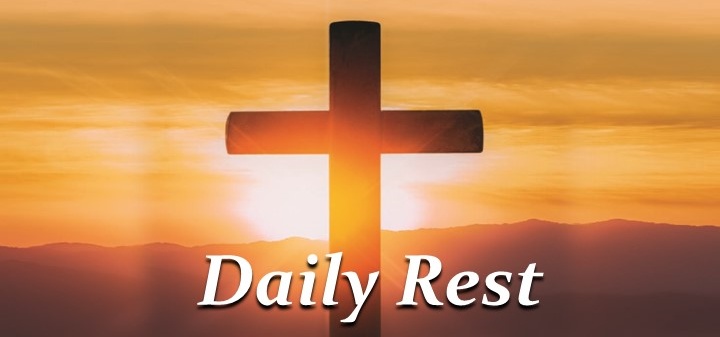Profile of the Prophet Isaiah
The burden against Babylon which Isaiah the son of Amoz saw. Isaiah 13:1
It was a common belief in ancient times that there were many gods, and that whatever power these gods had was mostly limited to a certain tribe or people and the geographic area in which they lived. It was expected that each nation would have its own deities.
These ideas are not as far removed from modern religious ideas as we might think. It is a common belief in our day that different peoples and nations should have their own religious ideas and practices, and that all of these are somehow valid.
In contrast to these ideas—both ancient and modern—the Bible reveals that only one God is the creator of all things and Lord over all things. He says, “I am the LORD, that is My name; And My glory I will not give to another.” (Isaiah 42:8) He rightfully lays claim to the devotion of every person in the world.
The one true and living God who called Isaiah to be His prophet had things to say not only to Israel but to all the nations, including world powers such as Babylon. Isaiah’s God-given message to this mighty empire is called a “burden,” which has the sense not only of an oracle or prophetic message, but also a verdict or judgment. God is the “judge of all the earth.” (Genesis 18:25)
But it isn’t only God’s justice that extends to all the world. His grace likewise is offered to all nations. God sent His own Son in the flesh as the Lamb of God that takes away the sin of the world. And God offers His grace in Jesus Christ to every person in the world, promising that whoever believes in Him will not perish but have everlasting life. (John 3:16)
Father, I thank You for the “whoever” of John 3:16, which assures me that though I have sinned against You, I will not perish. Trusting in the blood of Your Son, I thank you for the gift of everlasting life. Amen.

